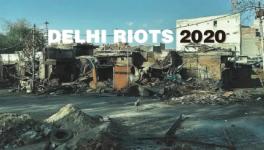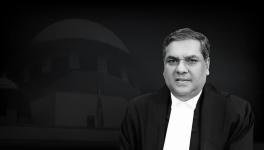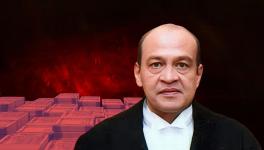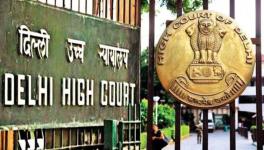Rendering Medical Service For Furtherance Of Religion Not Illegal: Delhi HC
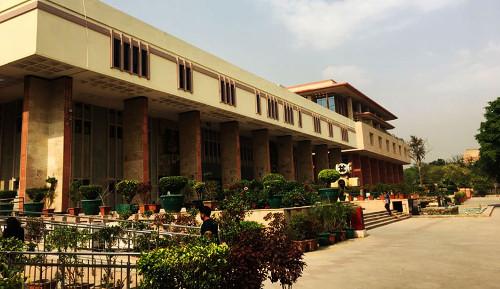
The Delhi High Court on Tuesday quashed an order issued by Consulate General of India (CGI), Houston, that cancelled a Doctor's Overseas Citizen of India (OCI) Card on the ground that he was involved in missionary activities in India.
Justice Vibhu Bhakru observed that a person has a right to practice his faith and his rendering medical service, even if it is for furtherance of his religion, cannot be denied.
Kerala-born Dr. Christo Thomas Philip, who later acquired US citizenship, was registered as an OCI cardholder since 2012. In the year 2014, he registered with the Medical Council of India and since then he has been practising as a doctor at Duncan Hospital in Raxaul, Bihar. While returning from a conference in Athens to India, he was informed by certain officials in the immigration department that he was not allowed to enter India and would be deported. His passport was taken away, and he was sent to Istanbul, Turkey, on the same date by Turkish Airlines. The Doctor also claimed that upon reaching Istanbul, he was detained in a detention cell at Istanbul Airport and the next day, he boarded a flight to Malaga, Spain. Aggrieved by this, he approached the Delhi High Court.
The authority informed the Court that the sole ground for cancelling his OCI card was his involvement in missionary activities in India. The Appellate authority affirmed the order passed by the CGI observing that the Doctor "suppressed the real purpose of his visit to the country to carry out evangelical, medical missionary and conversion activities which against the interest of general public leading to unrest and law & order problems.".
The court noted that the CGI had invoked provisions of Section 7D(e) of the Citizenship Act— – that is, on the ground that it is necessary to do so in the interest of sovereignty and integrity of India and in the interest of general public. Before the court, certain articles were produced to 'prove' that the doctor was indeed involved in missionary activities in India.
CGI has perhaps escaped their attention that India is a secular country.
Observing that the findings of CGI is wholly perverse and militates against the secular values engrafted in the Constitution of India, the bench said: "If what is written in the said articles is accepted at its face value, it would appear that the petitioner is a religious man and has devoted himself for providing medical relief to the poor and needy at Duncan Hospital.. This Court is at a loss to understand as to how such work or medical services could possibly be construed by the CGI or the Appellate Authority as contrary to the interest of sovereignty and integrity of India. It has perhaps escaped their attention that India is a secular country. All persons in this country have a right to practice their faith in the manner they consider fit so long as it does not offend any other person. If the petitioner's faith motivates the petitioner to volunteer for medical services at a hospital, there is no law (certainly not of this land) that proscribes him from doing so."
The court also added that there was no material to hold that the doctor had been indulging in conversion activities or any of the activities had led to public unrest and law and order problems. The bench added: "There is no material whatsoever that could even remotely suggest that the cancellation of the petitioner's OCI Card is in the interest of general public. On the contrary, if the statements in the articles published on the website (the printout of which is relied upon by CGI) is believed, the cancellation of the petitioner's OCI card would deprive some of the patients belonging to the poorer section much needed medical assistance and such a decision, therefore, would be contrary to public interest rather than in favour of public interest."
The bench also considered the issue whether the missionary activities are contrary to the law of the land. It said that all persons (not just citizens) are equally entitled to freedom of conscience and have the right to profess, practice and propagate religion. It said that the assumption in the order that missionary activities are against the law of the land is fundamentally flawed.
"The petitioner's has a right to practice his faith and his rendering medical service, even if it is for furtherance of his religion, cannot be denied,.", the bench said.
Get the latest reports & analysis with people's perspective on Protests, movements & deep analytical videos, discussions of the current affairs in your Telegram app. Subscribe to NewsClick's Telegram channel & get Real-Time updates on stories, as they get published on our website.











